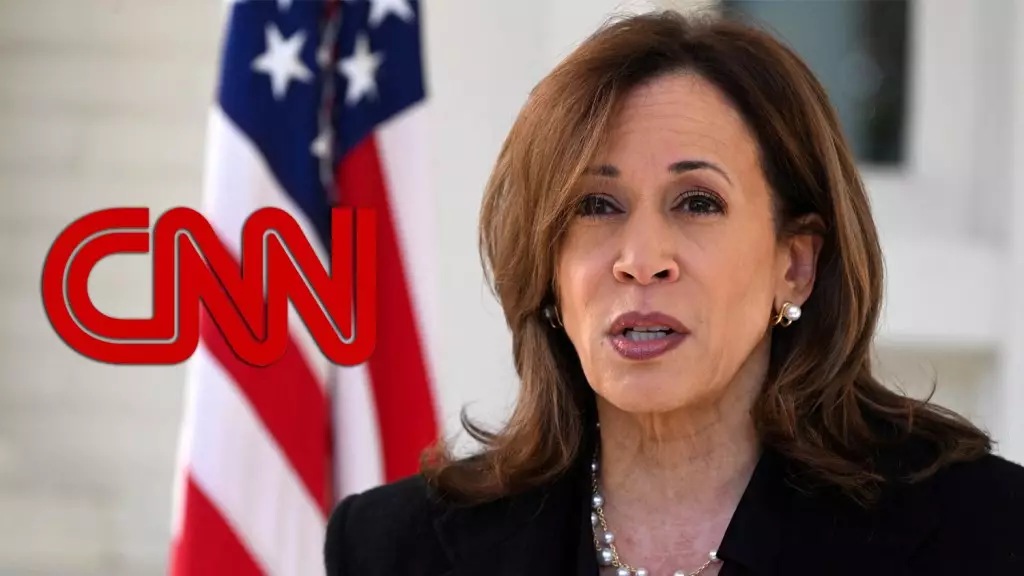In the rapidly approaching 2024 elections, the contrasts in political rhetoric and behavior have become starkly visible. Recent events have rolled out high-stakes conversations surrounding the fitness of leadership figures, particularly with respect to Donald Trump. This theoretical undercurrent has been amplified by comments made by John Kelly, Trump’s former Chief of Staff, suggesting that the GOP candidate exhibits traits that could be considered fascistic. Vice President Kamala Harris has echoed these sentiments, framing them as an urgent appeal to the American populace regarding the implications of such leadership.
Underpinning this politically charged dialogue is General Kelly’s assertion that Trump’s leadership style aligns with a general definition of fascism. His reflections, shared during interviews with significant media outlets, unveil a sobering narrative that paints Trump as a leader who has admired historical figures like Adolf Hitler. The implications of this admiration are troubling, especially when linked to comments about wanting a military akin to that of Hitler’s generals. Such rhetoric not only undermines democratic values but poses a question of readiness among the electorate to critically evaluate their leaders based on historical precedents.
In response to these alarming interpretations of Trump’s comments, Vice President Harris did not shy away from expressing her concerns directly. When asked by CNN’s Anderson Cooper if she believes Trump embodies fascistic attributes, the Vice President’s unequivocal agreement underscores the gravity of the situation. Her forthcoming public statements during the approaching election campaign appear shaped by a resolve to at least provoke a reevaluation of what American voters demand from their leaders.
As Vice President Harris gears up to deliver her closing argument on the campaign trail, her speech at the Ellipse—a location notorious for its association with the Capitol riots—symbolizes a pivotal moment intended to remind voters of the fragility of democracy. In stark contrast, Trump’s refusal to engage in direct debates and his alternative rally formats illustrate his strategy to galvanize support while diverting critical scrutiny.
Comparatively, Trump’s rallies, likened by figures such as Tucker Carlson to familial authority, depict a troubling embodiment of leadership where authority and discipline frame the narrative. The portrayal of political leadership as a paternal figure, ready to enforce consequences among the populace, raises significant concerns about the normalization of authoritarian tendencies in contemporary political discourse.
As Election Day draws near, it becomes imperative for voters to reflect on these dynamics. The conversations initiated by Harris and Kelly challenge the electorate to engage thoughtfully with both the political narrative and the characteristics they desire in a leader. This is not merely a question of party allegiance, but rather one that provokes a deeper understanding of the implications of allies and foes in the political arena. Ultimately, this election may shape not just the leaders of tomorrow but also the principles that guide American governance in the years to come.

